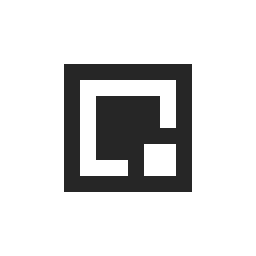I build tools that solve problems I've documented.
Come on in, have a look around. Most things are safe to touch.
I'll point out the ones that might explode.
What's on the workbench:
uroboro
Active DevelopmentProblem: Good systematic work stays invisible in velocity-obsessed cultures
Approach: Context capture that makes the development process undeniable
⚠️ Heads up: Database schema still evolving - backup your captures
doggowoof
Testing PhaseProblem: Alert systems that cry wolf vs ones that actually help you focus
Approach: Local monitoring that learns your patterns without surveillance
⚠️ Heads up: Only tested on my Linux setup so far
wherewasi
PrototypeProblem: Developers becoming walking documentation, context switching costs
Approach: Archaeological context preservation across work sessions
⚠️ Heads up: Still figuring out the context retention algorithms
AI collaboration
Methodology DocumentationProblem: Using AI without losing your mind, authenticity, or professional credibility
Approach: Systematic integration that builds capability rather than dependency
⚠️ Heads up: Ethics and transparency still being worked out
quantum dice
Documented & PlayableProblem: Quantum mechanics concepts are hard to learn intuitively
Approach: Dice game mechanics that make superposition feel natural
The systematic approach
Query: Document what's actually broken first
Refine: Build focused solutions, test with real problems
Yield: Share what works so others can adapt it
Not revolutionary. Just systematic.
More about how this works →Fair warning
I build local-first tools that work offline. I document everything because I've seen what happens when good work stays invisible. I think most productivity software is surveillance with better UX.
If you're looking for the next viral app, wrong garage. If you want tools that respect your intelligence and don't phone home, stick around.
